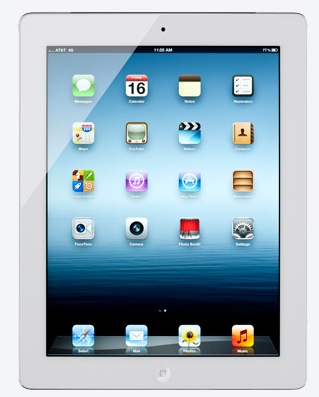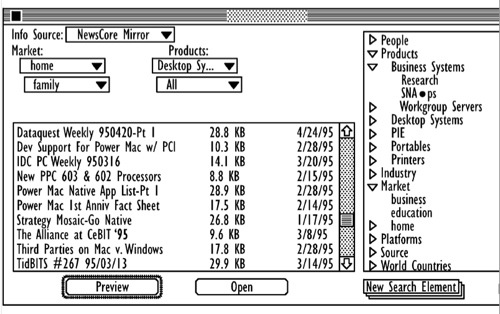The results are in, following a 12-week pilot study by Hofstra North Shore-LIJ School of Medicine’s Health Sciences Library to train and track users of iPads to determine the effectiveness of the device and applications as a tool for medical education.
The reviews by students were overwhelmingly positive, with the majority of participating students reporting that the iPad saved them time, gave them easier access to educational resources, improved ability to take class notes and to share information with other students, and helped organize their studying.
Students and faculty anonymously listed the iPad’s top strengths as its portability, the ease of accessing materials and the note-taking and annotation capabilities. Weaknesses included a difficult-to-use on screen keyboard and the inability to view Flash content.
“It made life easier,” said one student who participated in the study. “Overall, the iPad was useful in that it allowed me to study while on the go and saved time by condensing all the electronic gadgets I use on a daily basis into one device.”
“The size makes it more socially acceptable to use than a computer when talking to patients,” said another student.
The study was funded with an US$10,000 Technology Improvement Express Award grant from the National Network of Libraries of Medicine, Middle Atlantic Region. The grant paid for the purchase of 10 iPads and cases, along with textbook, productivity and medical applications. Several students and faculty who owned their own iPad opted to join the study and received the same set of textbooks and applications. Eighteen out of the 40 current first-year medical students and nine out of approximately 30 faculty members participated.
Taking advantage of a vendor feature to purchase chapters rather than whole books, the iPads were loaded with partial content of medical textbooks required in the school’s curriculum (20 chapters from five different textbooks) and other related applications. However, following the study, several students said that it would be preferable to have the entire textbook available for reference.
Four students won their iPads in a raffle at the conclusion of the study and six iPads will be available in the library for use by staff, faculty and students. Additional textbooks and apps will be reviewed and loaded.
“While the School of Medicine has not yet decided to make the iPads mandatory for all students, the overall positive feedback about the devices makes it a definite possibility in the future,” said Dean Lawrence Smith. “The library staff, together will faculty and students, will continue exploring best practices in using iPads as a tool in medical education.”
“The iPad study has shown us a glimpse into the future of healthcare and exemplifies the medical school’s commitment to improving healthcare,” said student Branson Sparks.
The study was conducted by Debra Rand, M.S., AHIP, Academic Health Sciences Library Director Assistant Dean and Director of the Health Sciences Library; Nikia Lubin, Electronic Services Coordinator; and Jennifer Boxen, Education and Liaison Librarian.



